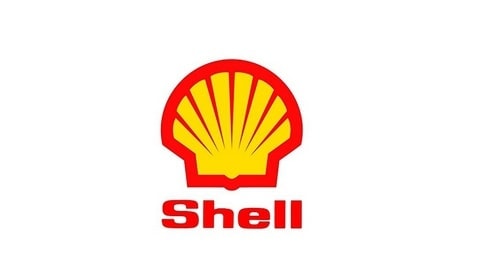Royal Dutch Shell plc (Shell) is an energy company involved in exploring, producing and marketing crude oil, natural gas and natural gas liquids. The company operates in both upstream and downstream market and is headquartered in Hague, the Netherlands. The company operates in more than 70 countries from Europe, Asia, Africa and America.
Table of Contents
Strengths in the SWOT Analysis of Shell :
Strong Market Position: Shell has upstream and downstream operations in over 70 countries around the world. It is one of the largest oil companies in the world and has various fuel brands under the umbrella of Shell, for example, Shell V-Power, Shell LPG etc. A strong global market position gives Shell a significant bargaining power in the industry.
Vertically integration: Shell has successfully integrated its business operations vertically by engaging in exploration and production of natural gas, crude oil etc. In the upstream market, Shell is involved in exploration and production whereas, in the downstream market, it is involved in marketing refined products. The vertical integration gives Shell a competitive advantage over quality control and cost benefits.
Strong exploration capability: Shell has invested heavily in developing and implementing technology for exploration. With the use of airborne and geophysical data, Shell has developed its methods for exploration of oil and gas and thus has been able to efficiently explore more oil and gas in the recent past. This has also decreased US’s over dependence on Gulf countries for fuel.
Strong Research and Development: Shell has been constantly trying to improve its technologies in order to decrease its carbon footprint and develop methods to explore more fuel in less effort. Shell has made the sustained investment in its R&D and also has a wide series of patents under its banner. Strong R&D provides the competitive advantage and helps in reducing expenditure.
Weaknesses in the SWOT Analysis of Shell :
Violating corruption laws: In July 2007, Shell Oil was involved in violating corruption laws in the US in the case of using freight forwarding Panalpina and violating corruption rules from the Foreign Corrupt Practices Act (FCPA). The company was fined $30 millions penalty. Such violations affect brand image and goodwill.
Growing Debt: Shell has experience increase in debt in the past few years. The company’s debt increased from $37774 million in FY2012 to $58379 million in FY2015. Increasing debt increases business risks and a subsequent portion of the cash flow is paid in interest. Increasing financial obligations may affect the business in future.
Opportunities in the SWOT Analysis of Shell :
Prelude Floating Liquefied natural gas technology Partnership: The Prelude floating liquefied natural gas (FLNG) Technology partnership will allow Shell to access offshore gas fields that are difficult to develop. The Prelude FLNG program will produce 5.3 million tonnes of liquids per annum once fully operational. Such initiatives will take care of the demands of the future.
Increasing global energy demand: According to the US Energy Information Administration (EIA), the total world energy consumption will increase by 40% by the year 2040. Demand for cleaner energy resources is also increasing. Shell is well positioned to take control of the potential demands in the future.
Strategic Merger of the BG Group: Shell merged with BG Group plc in the year 2016 which gives it a strong hold in the offshore of Brazil and Australia. Brazil and Australia have rich oil and gas resources and thus it puts Shell in a better position as compared to competitors.
Planned Expansions: Shell has been focusing on expanding its operations strategically across the globe in order to cater to energy demands of the developed and emerging nations in the future. The company has also entered merger or JV deals with companies in some nations like China to set up its footprint in those markets.
Threats in the SWOT Analysis of Shell :
Climate change concerns: With increasing energy demands, carbon dioxide emission in production as well as upstream is expected to increase which needs to be under control for Shell. Shell needs to find a solution to reduce its carbon dioxide emissions otherwise Shell may have to face increasing costs and/or stricter regulations.
Susceptible to political volatility: Oil and Gas have been the most important subject of discussions between countries in the last 100 years. Politics have revolved around energy demands and production. Thus, presence in many countries puts Shell in a disadvantage of becoming a victim of any political development in the future.
Liked this post? Check out the complete series on SWOT
